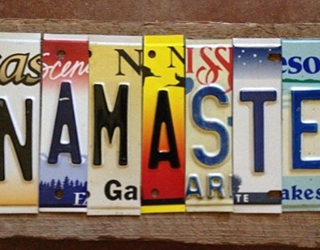I like puzzles. Puzzles with words, puzzles with pieces. These days, I see puzzles as problems to be solved. But if you’d asked twenty-five-year-old me if I was good at problem solving, I’d have laughed all the way to the bar. Aside from the weekly LA Times crossword puzzle assigned by my journalism professor, I was far too busy enjoying life to have problems, much less worry about solving them.
Fast forward three decades. If a career in sales and marketing—managing sales reps, multi-million-dollar budgets and production goals— honed my problem-solving ability, recent years as a family caregiver has given it a razor sharp edge.
Caring for elderly parents is all about finding solutions. How to manage multiple households. Coordinate surgeries. Juggle finances. Navigate Alzheimer’s. Fund care homes. Help loved ones through a pandemic.

Not too long ago, while still caring for my mom at home, I finished my first jigsaw puzzle. Puzzles, I heard, were good at stimulating the brain of a person with dementia. At first, mom delighted in color coding the pieces of the Christmas puzzle, her artist’s eye still able to spot variations in color and texture. But after about ten minutes, she lost interest and wandered off, leaving me to experience the unexpected satisfaction of popping the last piece in place.
Watching my mom’s Alzheimer’s progress is often as puzzling to watch as a foreign film without subtitles. It’s the puzzle I cannot solve. This bothered me at first, but here’s the thing: there isn’t always a solution for everything. Some things just are. Life sometimes just is.

